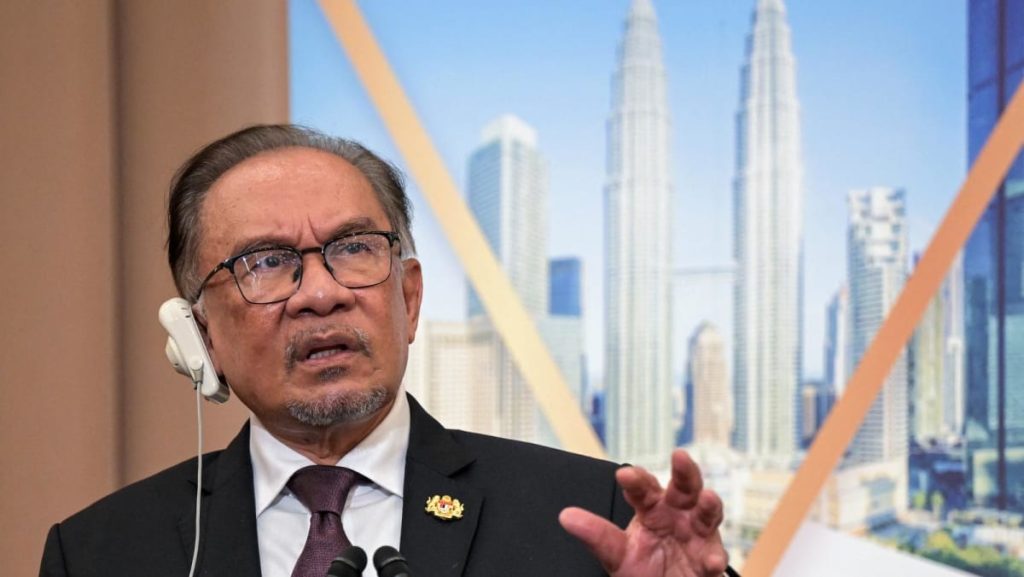The finance ministry of Malaysia recently announced the discontinuation of diesel subsidies for certain groups in Peninsular Malaysia, starting from midnight on June 10. This decision would raise the price of diesel to RM3.35 per litre, aligning it with market prices. The initiative comes after Prime Minister Amir Hamzah Azizan’s special address on May 22, where he had mentioned the rationalization of diesel subsidies without specifying an implementation date. However, residents in the Borneo states of Sabah and Sarawak will be exempt from these changes, considering the prevalence of diesel vehicles in the region.
During his televised address, Prime Minister Anwar emphasized the importance of ensuring that targeted subsidies do not burden the majority of the population. The government plans to provide diesel subsidies to businesses using specific commercial vehicles like buses and taxis, along with cash handouts for eligible individual diesel vehicle owners. Additionally, to mitigate the impact of these reforms, the government introduced the Budi Madani cash aid program, offering RM200 to around 30,000 eligible recipients as reported by the New Straits Times. Malaysia has historically had low prices for petrol and diesel globally, with discussions surrounding subsidy rationalization ongoing for nearly two decades.
The reforms to diesel subsidies mark the government’s third initiative in restructuring the country’s subsidy distribution system, following similar actions in electricity tariffs and chicken sales last year. These initiatives are expected to result in significant annual savings for the government. Prime Minister Anwar highlighted the need to move away from blanket subsidies, which tend to benefit the ultra-rich and even foreign nationals residing in the country. The latest developments reflect a broader shift towards more targeted and efficient subsidy distribution, aimed at ensuring that government support reaches those who truly need it.
Overall, the decision to discontinue diesel subsidies for certain groups in Peninsular Malaysia is part of a larger effort to rationalize subsidy distribution and move towards more targeted support. With the introduction of cash aid programs and exemptions for specific regions, the government aims to ensure that the reforms do not disproportionately burden the population. These changes align diesel prices with market rates, signaling a departure from the long-standing practice of providing blanket subsidies. By implementing these reforms, Malaysia seeks to achieve greater efficiency in its subsidy distribution system and minimize wastage on subsidies that benefit higher-income groups.













